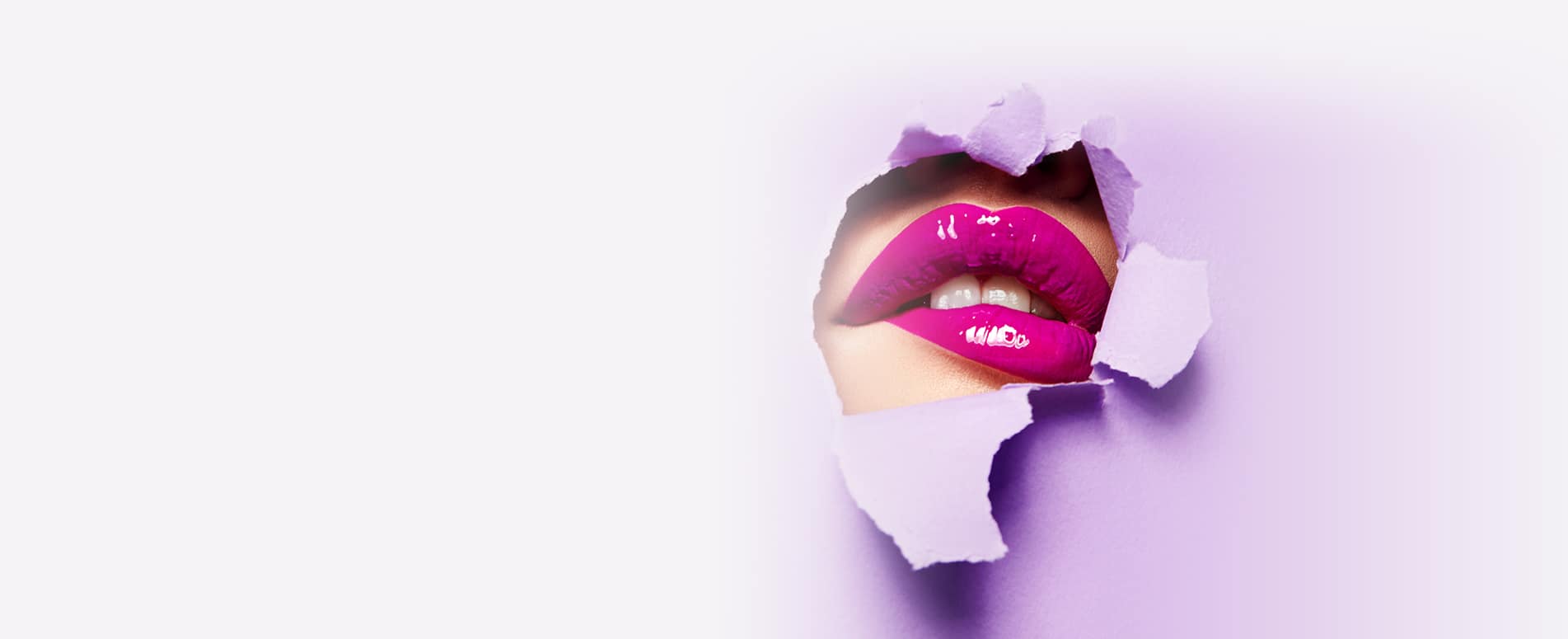
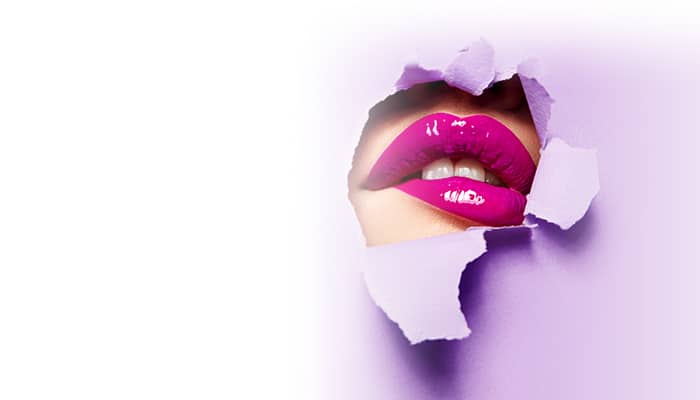
2.0 Symptoms of impacted teeth
4.0 Which teeth are most impacted?
5.0 How are impacted teeth treated?
5.2 Surgery
5.3 Eruption aids
6.0 Complications of impacted teeth
7.0 Pain management for impacted teeth
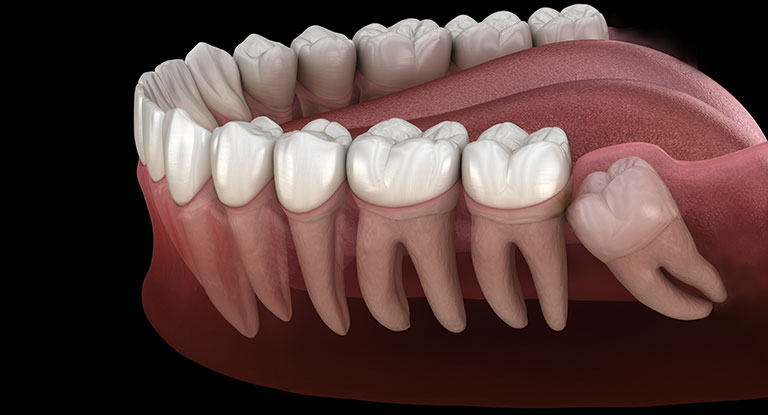
An impacted tooth is a tooth blocked from breaking through the gum, some factors cause this, and sometimes a tooth can be partially impacted. This means it has started breaking through the gum. Sometimes an impacted tooth has no symptoms, and they can only be discovered with the help of a routine x-ray which can be done at your dentist’s office.
Impacted teeth do not give any sign at all in most people, and in some cases, it can cause:
These symptoms can come and go, and they can also persist for weeks or months.
An impacted tooth occurs when there is no enough space in your mouth. This lack of space can be caused by orthodontic treatment or genetics.
The most impacted teeth are the wisdom teeth, which are the last teeth that grow between the ages of 17 – 21. The wisdom teeth are also called the “third molars”, and by the time they come in, the jaw has already stopped growing.
The jaw and mouth may be too small to accommodate them, and the wisdom is usually removed if there are causing problems, and besides, there is no real need for wisdom teeth anymore. You are more likely to have impacted tooth if you have a small jaw.
The second most common teeth that are impacted are the maxillary canines; they are also called the upper eyeteeth or the cuspid.
It is advisable to remove these teeth because they play an essential role in the mouth; treatment is carried on to encourage the eruption of the teeth instead of removing them.
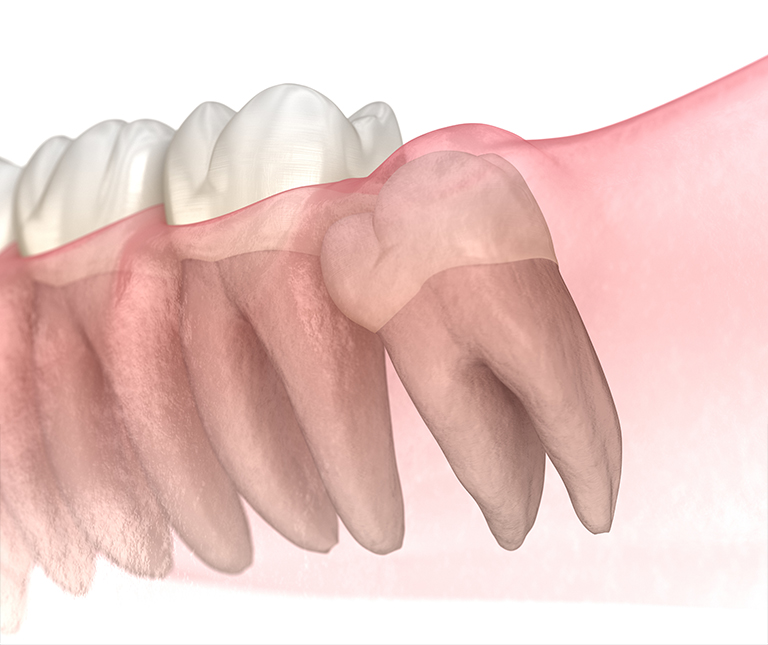
It is advised that you see a dentist as soon as possible if you suspect that you have an impacted tooth. An x-ray will be carried out, and your teeth examined to see if an impacted tooth is the cause of the symptoms.
If an impacted tooth causes the symptoms, your dentist will discuss treatment options with you and also tell you the risks and the benefits of each treatment.
These treatment options may include:
This will help the dentist see if any problem has developed. Please ensure you attend your regular check-ups.
They can also carry out an extraction if the impacted tooth will negatively affect other teeth. This surgery (tooth extraction) is done as an outpatient procedure in the surgeon’s office.
The procedure takes about 45 minutes to one hour, local anaesthesia will be used, and you can return home after the surgery is conducted that same day. Although, you might need 7 -10 days to recover, and you can resume work or school after a few days of having the procedure.
Also, baby teeth or adult teeth that are blocking the canine may be extracted; this method is most effective on younger people. The impacted tooth will be removed and replaced with a bridge or dental implant if eruption can not be achieved.
You can not clean or care for impacted teeth since they do not break out through the gum, and it will be more challenging to clean them properly if the tooth is partially impacted.
This puts your teeth at a higher risk of dental problems such as:
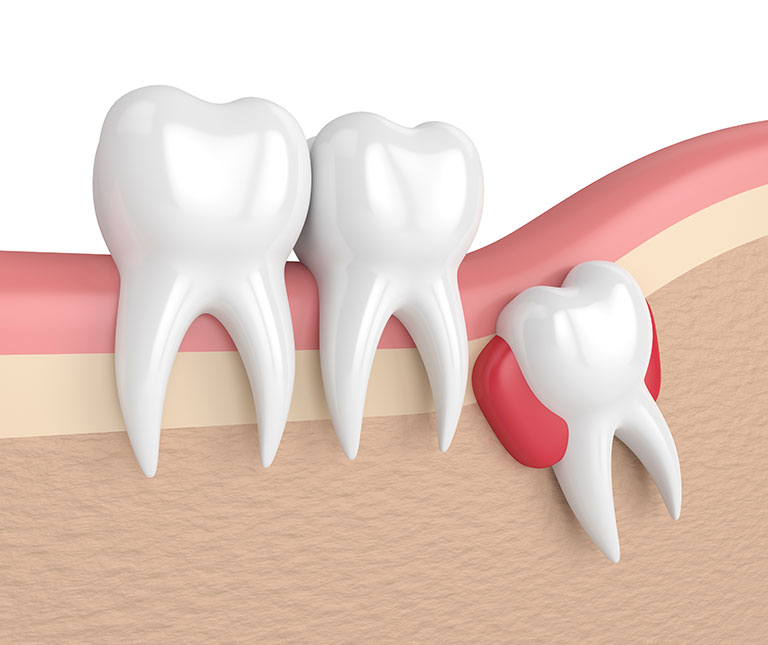
You can use over-the-counter painkillers to relieve pain caused by impacted teeth, but you are advised not to give aspirin to children less than 16 years old. It can increase the risk of Reye’s syndrome in children; it is a severe health condition that can damage the brain and liver.
Ice can also be placed on the cheeks to reduce inflammation; you can swish warm salt water in your mouth to relieve pains. Your dentist can also prescribe a painkiller if the pain is severe and you can not find relief from OTC painkillers or home remedies.
These painkillers should only be used on a short term because they have unpleasant side effects. An Impacted tooth that causes severe pain can be removed surgically or treated with other medical interventions.
There is no way to treat impacted tooth, and sometimes they are removed surgically to prevent damage to the other teeth, infections, and other complications.
Regular check-up from an early age can help your dentist diagnose impacted teeth from the onset, and they can also offer a treatment plan when it is necessary.
Contact Us
To have your teeth examined, call to book an appointment today on 020 71834091, or you can visit us at Smile Works Dental, Harley Street London.